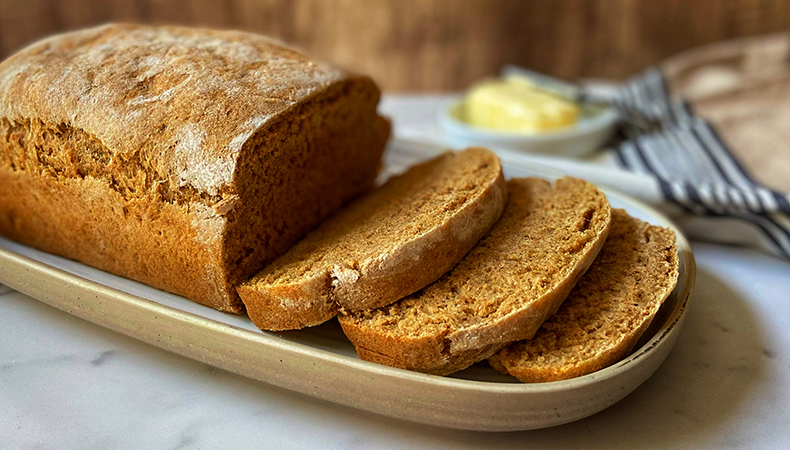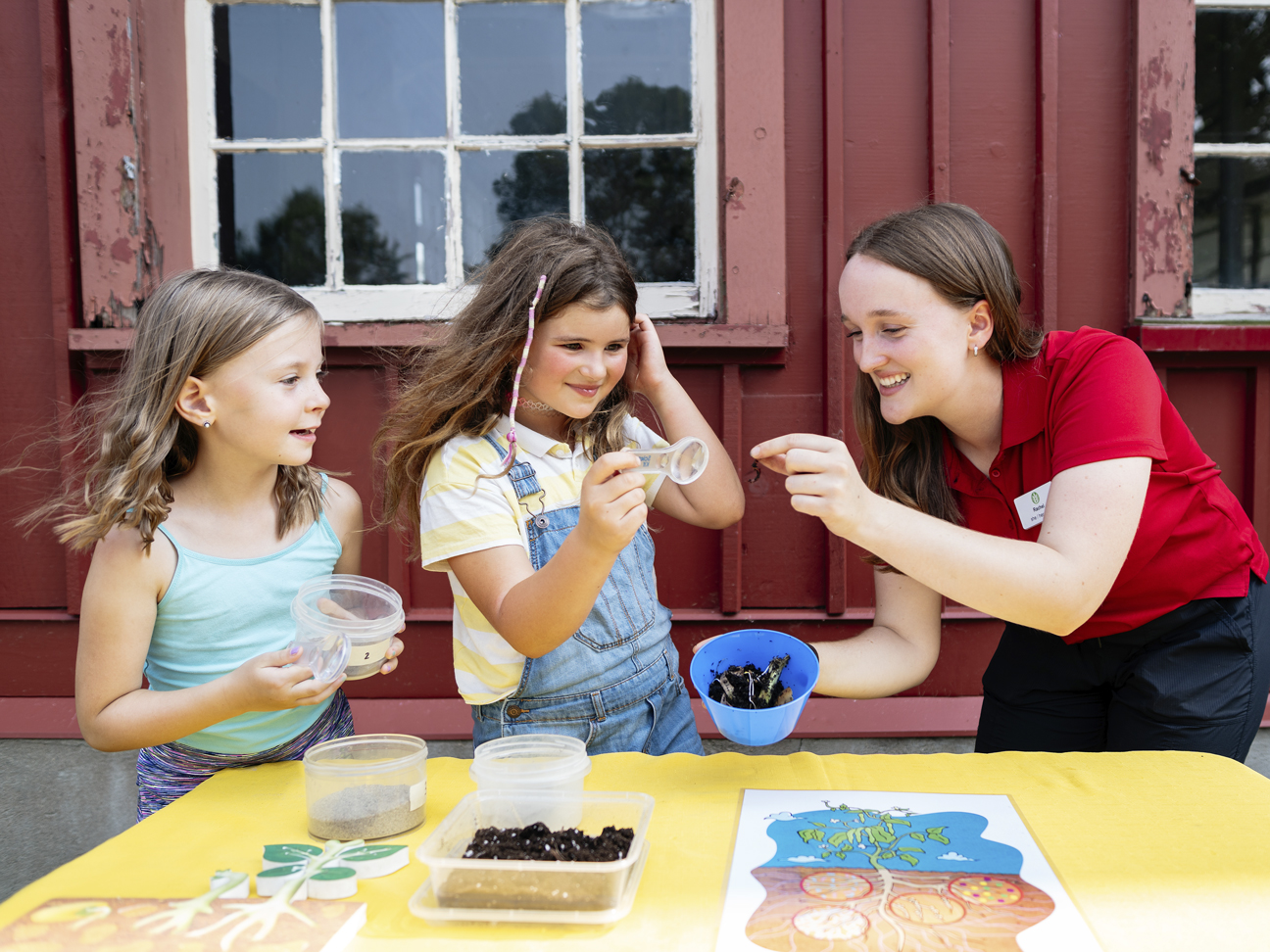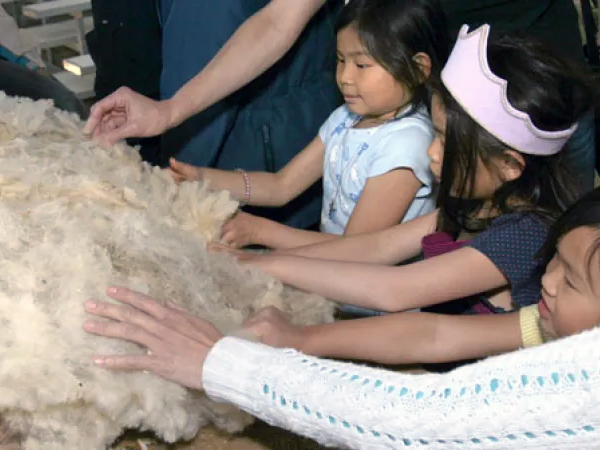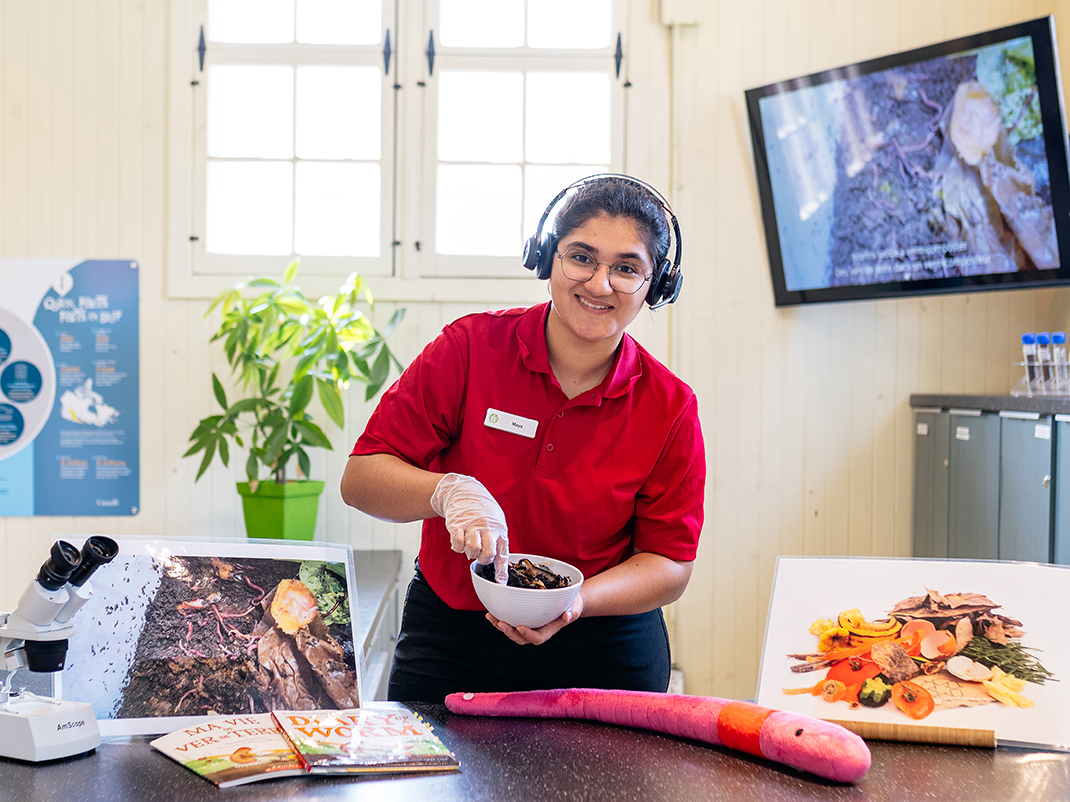The need to knead
Grade 1 to Grade 5 (Ontario)
Elementary Cycles 1 to 3 (Quebec)
$10 per student
90 minutes
Dates offered: October 1, 2025 to June 12, 2026
Max. group size: 29
Students will love this opportunity to roll up their sleeves and make lasting memories as they explore the art of breadmaking and learn how different types of bread are made. Students will rotate through engaging, hands-on stations to explore the tools, materials, and steps involved in bread making. They will handle grains, grind flour, knead dough, and taste freshly baked bread and walk away with knowledge on how growing and harvesting grains has changed through the years. Along the way, students will learn different bread-making practices and discover the science behind each step — such as changes in matter and fermentation.
Make a reservation request
Curriculum links
Grade 1
- Science and Technology
-Matter and Energy (Relating science and technology to our changing world, Exploring and understanding concepts)
-Life Systems (Exploring and understanding concepts)
Grade 2
- Science and Technology
-Matter and Energy (Relating science and technology to our changing world, Exploring and understanding concepts) - Social Studies
-Heritage and Identity: Changing Family and Community Traditions
Grade 3
- Science and Technology
-Life systems (Relating science and technology to our changing world, Exploring and understanding concepts) - Social Studies
-Heritage and Identity: Communities in Canada, 1780–1850
Grade 5
- Science and Technology
-Matter and Energy (Exploring and Understanding Concepts)
Elementary cycle 1, 2, 3
- Mathematics, science and technology: Science and technology
-Material world (Matter)
-Living things (Matter, Systems and interaction)
• Geography, history, and citizenship education: Knowledge related to the organization of a society in its territory
Fees
$10 per student, up to a maximum of 29 students. Please note a minimum fee of $150 applies.
Program includes free admission for the teacher as well as up to a maximum of 7 other adults. Please note that there is a mandatory minimum ratio of 1 adult for every 6 students. These requirements do not apply to groups with students who have special needs.
Complimentary or discounted admission, as well as passes and memberships are not applicable to group visits.
Your school may be eligible for financial support. For more information, contact the customer engagement team.
Reservations
Booking requests can be made through the school programs reservation request form.
You can also connect directly with our customer engagement team:
Email: [email protected]
Phone: 613-991-3053 or 1-866-442-4416
You may also be interested in

Field trip planning tips
Make the most of your field trip to the museum with these planning tips.

AgVenture: From sheep to sweater
- Kindergarten – Grade 4
- Preschool – Elementary cycle 2
How did pioneers turn a sheep’s fleece into clothing? This flexible program will allow your students to explore the properties of wool through fun activities.

Virtual field trips
Bring the museum to your classroom with bilingual, curriculum-linked programs for all grade levels that allow your students to discover various STEM topics.